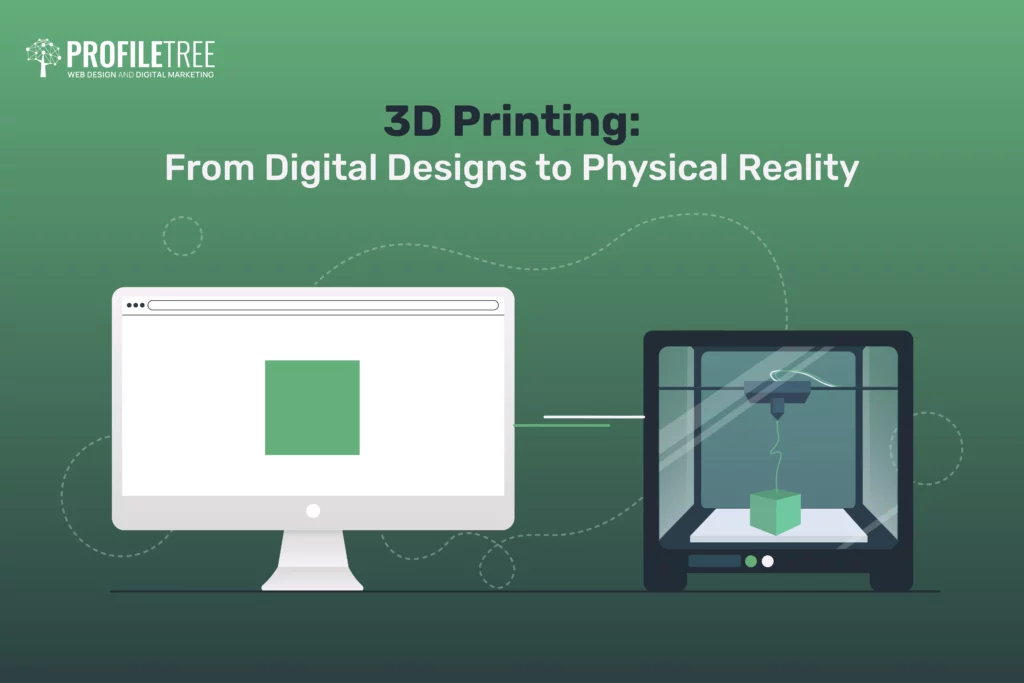Before you take a read through an overview of the Internet of Things (IoT) and Cloud Computing, you may want to check out other blogs on digital transformation, or business strategy tools such as scenario planning analysis, porters five forces and change management.
What is the Internet of Things (IoT)
Internet of Things (IoT) Explained
The Internet of Things (IoT) can be described as one large network which works in line with connecting physical objects (things) with people. These things are embedded with sensors and range from our ordinary household appliances to advanced industrial tools.
If we think of our own home, we have numerous devices around which need to be connected to the internet. The internet of things will then collect the data amongst these devices and share data on how they are used in the environment around them.
Some examples of IoT devices are;
- Smart Watch
- Self Driving Cars
- Smart Microwaves
- Smart Clocks
Advantages and Disadvantages of Internet of Things (IoT)
Advantages of Internet of Things (IoT)
- Quick and easy way to find information
- Sharing data makes up for effective communication amongst devices
- Ability to predict manufacturing faults and update the business
- Reduces the need for human intervention
Disadvantages of Internet of Things (IoT)
- High risk of cyber attacks
- Collecting and managing large amounts of data can prove a challenge
- There is a risk that the connected devices may become corrupt
How does it work?
All devices will have built in sensors used to share and integrate relevant data across different devices. For example, you are someone who wears a smartwatch and leaves the house at 7.00am and runs to work everyday. Lets say normally you would be in work by 7.30am but the normal route you take has been closed of due to an accident, taking an extra 15min to get there. A connected Internet of Things device will reset itself based on all these factors, ensuring you take a different route and still make it to work on time.

What industries is the Internet of Things (IoT) relevant in?
- Manufacturing: This technology is common within the manufacturing industry where businesses can become proactive in detecting maintenance issues. The sensors will allow manufacturing firms to accurately remove production until equipment is repaired, allowing them to keep ahead of competitors.
- Retail: The Internet of Things (IoT) has become common in stores worldwide with the sensor’s ability to alarm the store when a particular product is due to run out of stock. As well as managing inventory, this technology is being used to improve customer experience and reduce operational costs within this industry.
- Automotive: Internet of Things (IoT) is becoming more and more popular within the automotive industry, especially with the evolution of Tesla. These cars have built in sensors capable of picking up failures and faults and recommending to the driver what to do.
What is Cloud Computing
Cloud Computing explained
Cloud computing can be considered as the replacement of physical data centres and servers. Rather than having these physical objects on site, you will save any relevant IT resources onto a cloud provider. In return this offers businesses flexible resources, faster innovation and economies of scale.
Why companies invest in Cloud Computing
- Improve the agility of the business: The cloud can be managed by particular employees within your workforce, making it easier to manage information and large amounts of data.
- Lower IT costs: Rather than having hardware and other devices on your premises, cloud computing will allow you to save on these particular costs.
- Gain a competitive edge and scale more effectively: Access to the cloud can be purchased in stages, therefore the more your business grows the easier it is to continue to save data onto the cloud.
- Offers a secure environment: A benefit of cloud computing is that it results in secure computing, where data is saved in one location rather than across multiple locations
- Less downtime: Many systems would normally take a great deal of maintenance with uploading of files and saving of data taking some time. With cloud computing the need for system downloading and uploading is eliminated making it faster for businesses.
Advantages and disadvantages of Cloud Computing
Advantages of Cloud Computing
- Saves money on costs and needing hardware
- Increases efficiency and productivity
- Can enhance security
- Ability to back up data so nothing will get lost
Disadvantages of Cloud Computing
- You are putting your data at risk to being stolen when storing in the cloud
- Risks of internal bugs and encryption is also worth considering
- Required fast internet with high bandwidth
- Can be expensive with the amount of space required
Types of Cloud Computing
For businesses today there are three different types of cloud computing technology. These three have been listed below;
- Infrastructure as a Service (IaaS): This type of service is considered as a pay-as-you-go service, offering you essential storage and networking, as well as the flexibility to scale up by saving money on general business costs. This is often seen with companies such as Amazon and Microsoft.
- Platform as a Service (PaaS): Platform as a service looks to develop and deploy resources from the cloud which could be used to the advantage of your business. An example of this is through online app stores, where you have the ability to purchase and manage the applications and services.
- Software as a Service (SaaS): Software as a service seeks to deliver software applications over the internet, where everything is managed by the provider, helping the business improve productivity levels. This type of software is seen with emails and Microsoft Office 365. Businesses can benefit from SaaS for various purposes, and utilising SaaS development services can further customise and optimise these software solutions to meet specific organizational needs.
Why is Cloud Computing is important for your business?
If you are a business who wants to scale then cloud computing effectively allows you to do this through the ability of having all your resources in the one place. In order to grow and be successful, many companies will want to be flexible and through removing the need to manage IT infrastructure, cloud computing will also allow you to achieve this.
Summary
That summarises an overview of both the Internet of Things (IoT) and Cloud Computing and how they may be relevant to your business. If you enjoyed this article and want to view more content like this, make sure and check ProfileTree’s Youtube out for more. Thank you!


